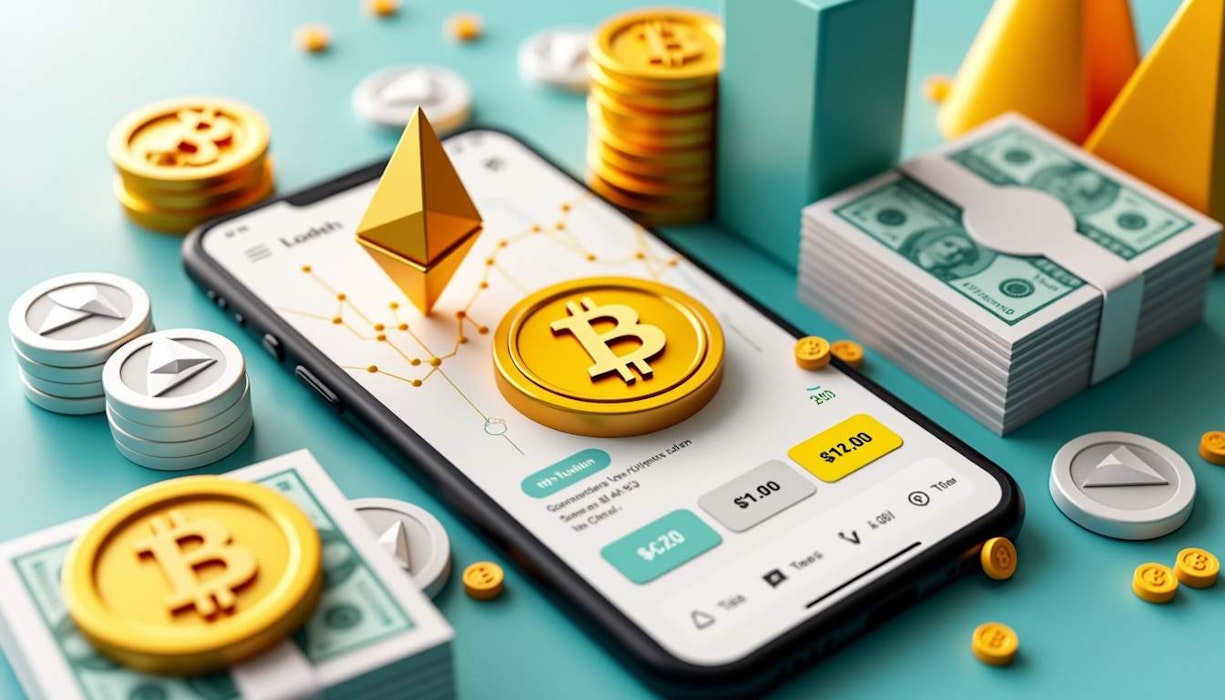It looks like the U.S. government is planning to sell off a hefty chunk of Bitcoin that they seized from the Silk Road. If you're not familiar, the Silk Road was basically an online black market where people traded all sorts of illicit goods and services. When they took it down, they confiscated a ton of Bitcoin, and now they're looking to cash in. This could be a big deal for the crypto market, and not necessarily in a good way.
Understanding Market Sentiment
One thing I've learned about crypto is that market sentiment can swing wildly. It's like being on an emotional rollercoaster where fear and greed are your only companions. And right now, there's a lot of speculation about how this sale will go down. Are they going to dump all at once? Gradually? Either way, it's bound to affect prices.
The Speculative Nature of Bitcoin
Bitcoin isn't backed by anything tangible; it's just code and a collective belief in its value. That makes it super susceptible to whatever news or rumors are floating around out there. So when you have something as potentially disruptive as a government liquidation on the horizon, you can bet people will react—probably overreact.
Large-Scale Liquidations
Historically speaking, large-scale liquidations tend to push prices down—at least temporarily. If everyone thinks there's going to be an influx of supply and no one wants to buy at those levels, then guess what? Prices drop.
The Role of Government Actions
Now let's talk about governments for a second. They have their own interests at heart, and sometimes those interests don't align with ours as crypto enthusiasts.
Ethical Considerations
When governments regulate cryptocurrencies, they're essentially trying to control something that's designed to be decentralized. It raises all sorts of ethical questions about freedom vs control. And let’s not forget: most cryptos were created in response to traditional financial systems!
Historical Context
Take Germany for example—they sold their seized Bitcoins at around $57K back then while it was trading higher! You can bet the U.S might want to avoid that kind of loss.
Economic Indicators Matter Too
And we can't ignore economic factors either—things like inflation rates or monetary policy can make or break our beloved cryptocurrencies.
Inflation's Double-Edged Sword
On one hand, Bitcoin is often touted as "digital gold," something you should buy into if you're worried about inflation eating away your purchasing power. On the other hand, its track record as an inflation hedge is still pretty young; we don't know yet if it'll hold up over decades.
The Tightening Effect
As interest rates go up and crypto becomes less appealing compared to traditional assets yielding nice returns, I think we're due for some turbulence.
Summary: Preparing for Possible Fallout
All things considered—the impending sale might just be another bump in the road for Bitcoin but could also serve as a wake-up call for some investors still sleeping on regulatory risks out there.
If I had an extra few hundred bucks lying around right now? I'd probably diversify into some altcoins just in case!
